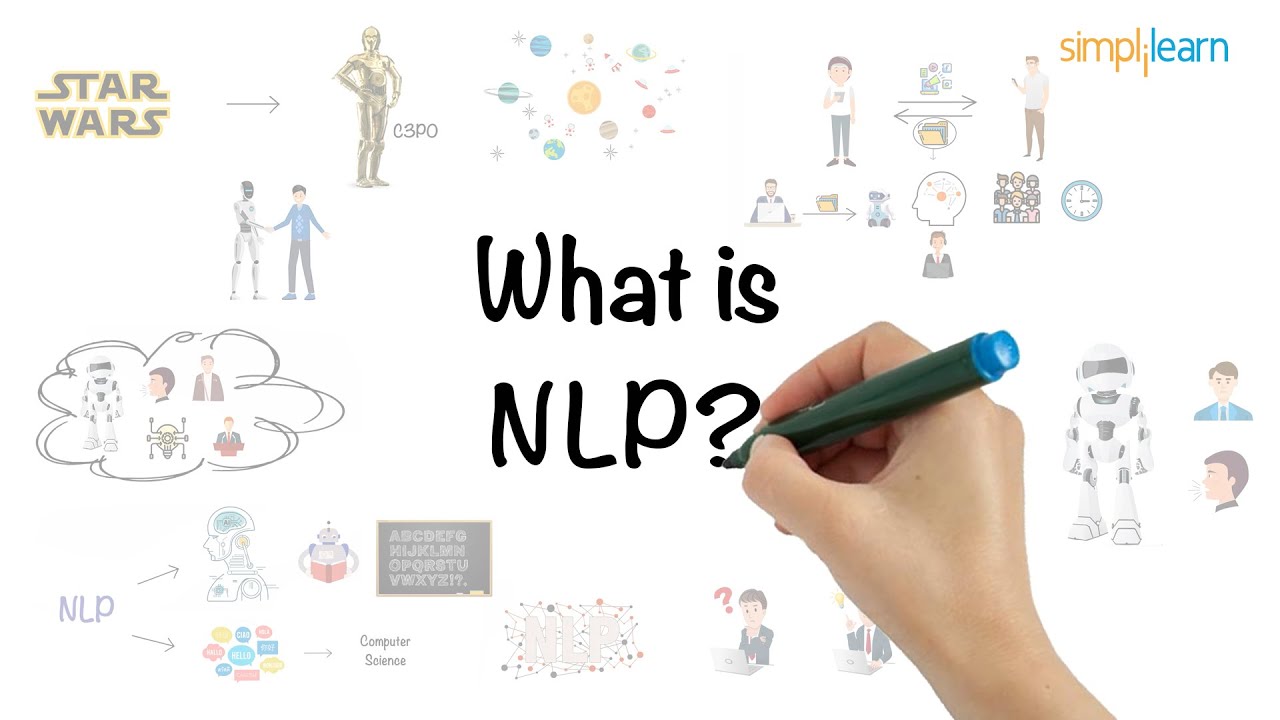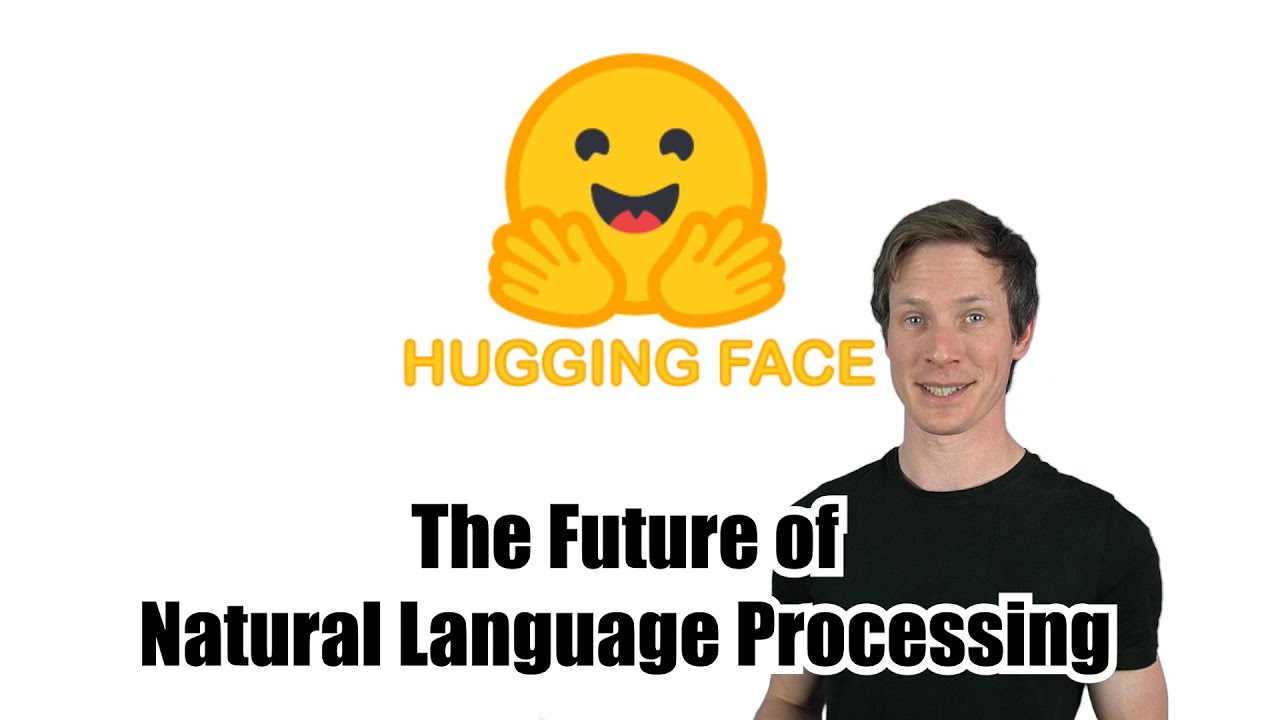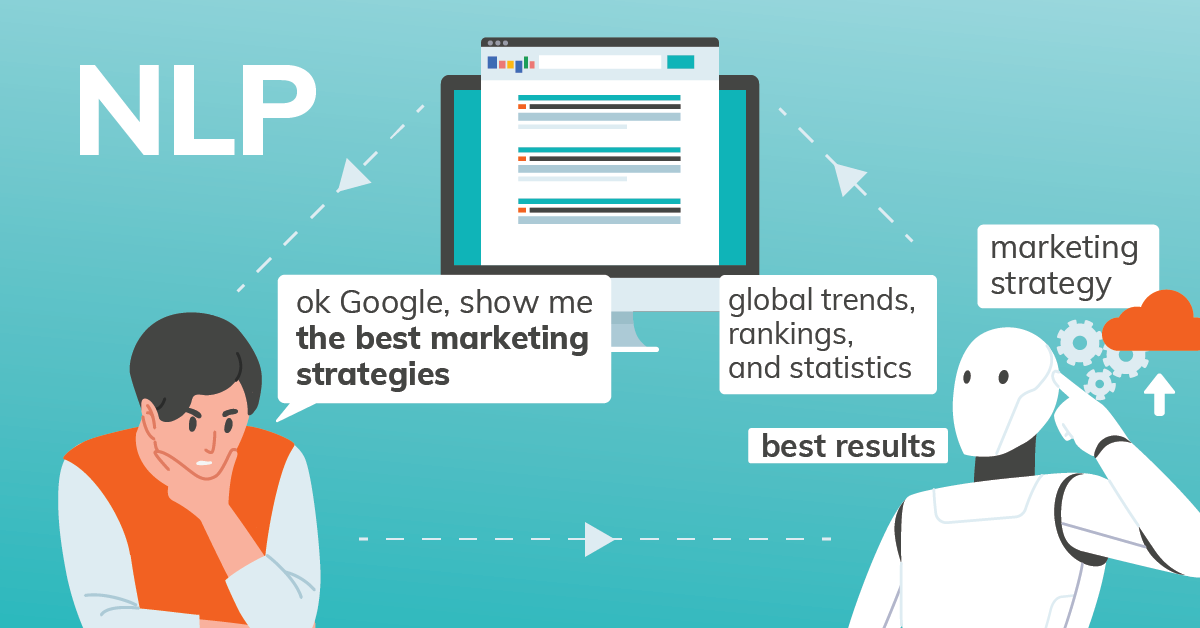As the world's most popular search engine, Google has become an integral part of our daily lives. With over 5.6 billion searches conducted each day, it's no surprise that Google's search algorithms are constantly evolving to better understand and serve the needs of its users.
But how Google search understands human language, is something that can bug the minds of everyone. Also, what does this mean for the future of search?
Want To Know How Google Search Understands Human Language?
Google search algorithms are based on a complex system of algorithms that are constantly evolving to improve search results. In recent years, Google has made significant strides in understanding natural language, which is the way humans communicate with each other.
Google's natural language processing (NLP) system is designed to understand the nuances of human language and provide more relevant search results to users. Let's explores how Google search understands human language and the science behind it.
The Basics Of Google Search
Google search is based on a complex system of algorithms that are designed to provide the most relevant search results to users. When a user enters a search query, Google's algorithms crawl through billions of web pages to find the most relevant content.
Google's algorithms take into account a number of factors, including the user's location, search history, and the content of the web pages being searched.
Understanding Natural Language Processing
Natural language processing (NLP) is a branch of artificial intelligence that deals with the interaction between computers and human language. NLP is used to teach computers how tounderstand and interpret human language.
Google's NLP system is designed to understand the meaning behind the words used in search queriesand provide more relevant search results to users.
Google's NLP system uses a number of techniques to understand human language. These include machine learning, deep learning, and neural networks. Machine learning involves teaching computers to learn from data, while deep learning involves training neural networks to recognize patterns in data.
Neural networks are computer systems that are designed to mimic the structure and function of the human brain.

Natural Language Processing In 5 Minutes | What Is NLP And How Does It Work? | Simplilearn
The Role Of Semantic Search
Semantic search is a search technique that aims to understand the meaning of a search query rather than just the words used. Semantic search involves analyzing the context of a search query to provide more relevant search results.
Google's NLP system uses semantic search to better understand the meaning of search queries.
Semantic search involves analyzing the relationships between words in a search query. For example, if a user searches for "how to make pizza," Google's NLP system will analyze the relationships between the words "make" and "pizza" to understand that the user is looking for information on how to prepare pizza.
How Google's NLP System Works
Google's NLP system is designed to understand the meaning behind the words used in search queries. The system uses a number of techniques to analyze search queries, including machine learning, deep learning, and neural networks.
When a user enters a search query, Google's NLP system analyzes the context of the query to better understand its meaning. The system then uses machine learning to analyze the content of web pages to find the most relevant search results.
Google's NLP system also uses deep learning to recognize patterns in data and neural networks to mimic the structure and function of the human brain.
How Google's NLP System Understands Context
Google's NLP system is designed to not only understand individual words but also the context in which those words are used. This is done through a process called "word embedding," which involves representing words as vectors in a high-dimensional space.
By doing this, Google's NLP system is able to understand the relationships between different words and how they are used in a particular context. For example, the system can differentiate between the word "bat" used in the context of a baseball game versus the animal.
How Google's NLP System Determines Relevance
Google's NLP system uses a variety of factors to determine the relevance of search results, including the words used in the search query, the user's search history, and the quality and relevance of the content on a webpage.
The system also takes into account factors like the user's location and the time of day to provide the most relevant results possible.
The Impact Of Google's NLP System On SEO
Google's NLP system has had a significant impact on search engine optimization(SEO). In the past, SEOstrategies often involved keyword stuffing and other tactics designed to manipulate search rankings.
However, with the rise of Google's NLP system, it has become increasingly important to create high-quality, relevant content that provides value to users. This has led to a shift towards a more holistic approach to SEOthat focuses on creating great contentand building relationships with users.
How Natural Language Processing Is Changing The Future Of Search
Natural language processing is changing the way we interact with search engines and other forms of technology. As the technology continues to improve, it is likely that we will see even more personalized and relevant search results, as well as more advanced virtual assistants and chatbots that can understand and respond to human language in a more natural way.
Overall, Google's NLP system is a powerful example of the potential of natural language processing and machine learning.
As technology continues to advance, we can expect to see even more exciting developments in this field, which will have a significant impact on the way we search for information and interact with technology.

The Future of Natural Language Processing
The Future Of Search
As Google's NLP system continues to evolve, it is likely that search results will become even more personalized and relevant to individual users. Google's algorithms are already capable of understanding natural language to a remarkable degree, and it is likely that they will continue to improve in the future.
One potential application of natural language processing is in voice search. As more users begin to use voice assistants like Google Assistant and Amazon Alexa, natural language processing will become increasingly important.
Google's NLP system is already capable of understanding voice commands to a remarkable degree, and it is likely that it will continue to improve in the future.
Another potential application of natural language processing is in chatbots and virtual assistants. As more businesses begin to use chatbots to interact with customers, natural language processing will become increasingly important in ensuring that the chatbots can understand and respond to customer queries.
People Also Ask
How Does Google's NLP System Understand Synonyms And Homonyms?
Google's NLP system uses machine learning algorithms to understand synonyms and homonyms. These algorithms are designed to recognize patterns in language and to associate similar words with each other. For example, if a user searches for "best running shoes," Google's NLP system may also show results for "top-rated sneakers."
How Does Google's NLP System Handle Misspellings?
Google's NLP system is designed to handle misspellings by using a process called "spell correction." When a user enters a misspelled search query, Google's NLP system will automatically correct the spelling and provide search results based on the corrected query.
How Does Google's NLP System Handle Sarcasm And Irony?
Google's NLP system is still evolving in its ability to handle sarcasm and irony. While the system is capable of recognizing certain types of sarcasm and irony, it is not yet able to understand all forms of these types of language.
Conclusion
Getting to know how Google search understands human language is often perceived as impossible but what's remarkable is, it makes a lot of things possible! Google's NLP system is a remarkable example of the power of artificial intelligence and natural language processing.
By using machine learning, deep learning, and neural networks, Google's algorithms are able to understand the nuances of human language and provide more relevant search results to users.
As Google's NLP system continues to evolve, it is likely that search results will become even more personalized and relevant to individual users. With the rise of voice assistants and chatbots, natural language processing will become increasingly important in the way we interact with computers and search engines.
